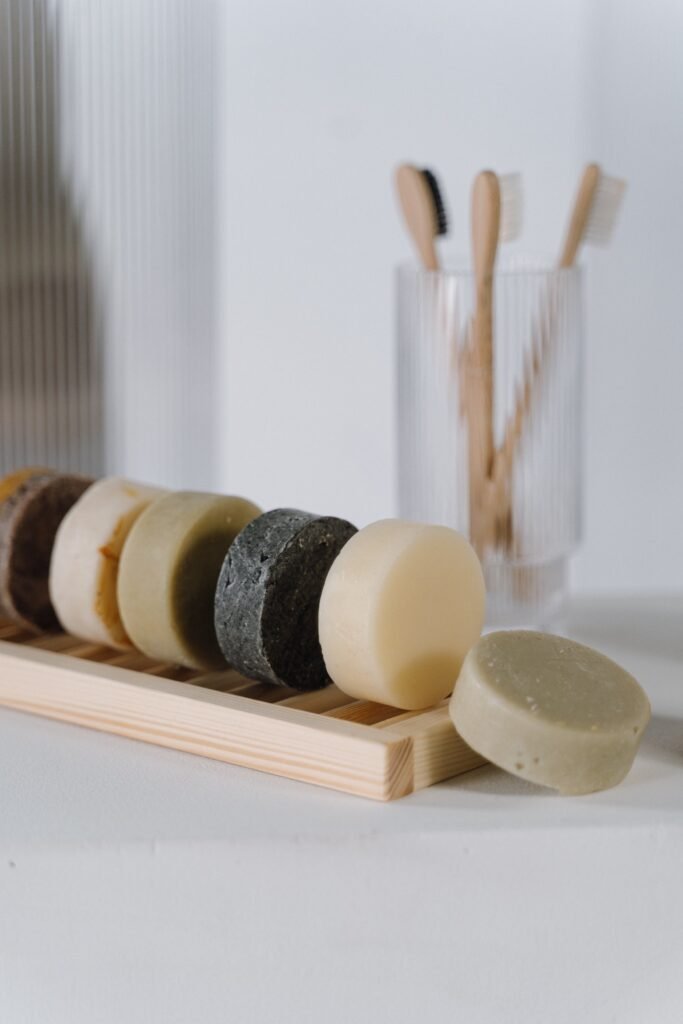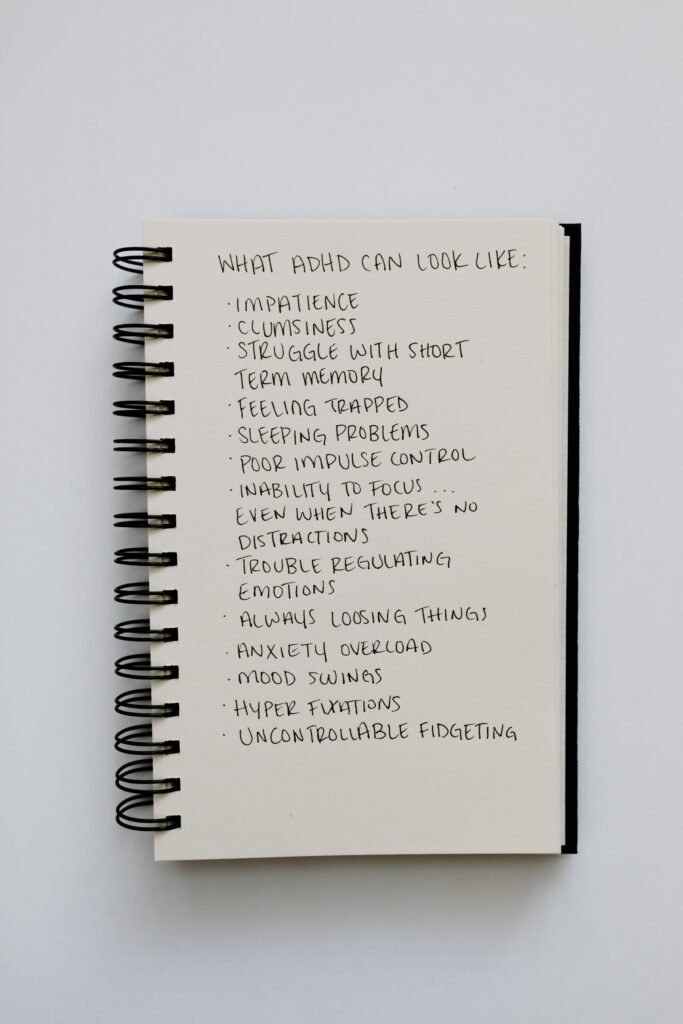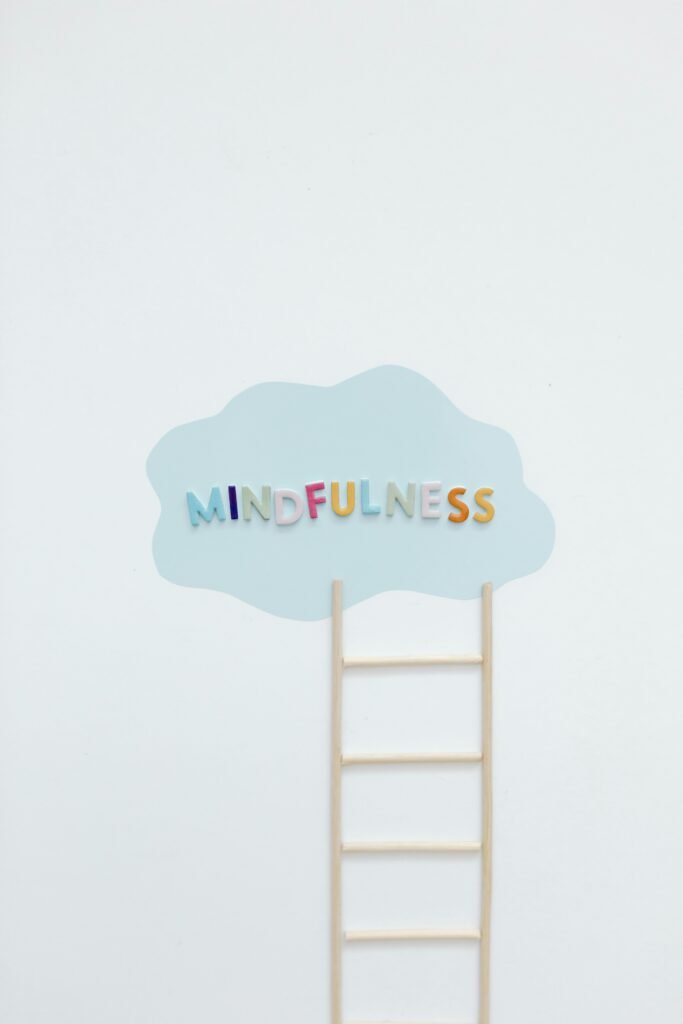Stress not only takes a toll on your mental and emotional well-being, but it can also have significant impacts on your skin and hair health. When you’re under stress, your body releases hormones like cortisol, which can disrupt the delicate balance of the skin and hair, leading to various issues. From acne breakouts and dry skin to hair loss and dullness, stress can wreak havoc on your beauty game. Understanding how stress affects your skin and hair health is the first step in finding ways to combat these effects and maintain a healthy and radiant appearance.

Effects of Stress on Skin Health
Increased Oil Production and Acne
When you’re stressed, your body releases cortisol, a hormone that triggers your sebaceous glands to produce more oil. This excess oil can clog your pores, leading to acne breakouts. Stress-related acne is often characterized by deep, painful pimples that take longer to heal compared to regular acne.
Worsening of Existing Skin Conditions
If you already have a skin condition, such as eczema or psoriasis, stress can exacerbate the symptoms. Stress weakens the skin’s barrier function, making it more susceptible to external irritants and allergens. This can cause flare-ups of redness, itching, and inflammation, making the existing skin condition more difficult to manage.
Dryness and Dehydration
Stress can impair your skin’s ability to retain moisture, leading to dryness and dehydration. This is because stress disrupts the skin’s lipid barrier, which helps to lock in moisture. As a result, your skin may feel tight, itchy, and rough. Dry skin is not only uncomfortable but can also contribute to the appearance of fine lines and wrinkles.
Impaired Barrier Function
The skin’s barrier function plays a crucial role in protecting it from environmental stressors and maintaining its overall health. However, stress weakens this barrier, making it more permeable to harmful substances and allergens. This can lead to increased sensitivity, irritation, and a higher risk of developing contact dermatitis or other skin reactions.
Delayed Wound Healing
Stress can impede the body’s natural healing process by suppressing the immune system and reducing collagen production. As a result, wounds take longer to heal, and the risk of infection and scarring increases. Whether it’s a small cut or a surgical incision, stress can hinder the body’s ability to repair damaged skin, prolonging the recovery time.
Premature Aging
Chronic stress accelerates the aging process, both internally and externally. When you’re stressed, your body produces more free radicals, unstable molecules that damage cells and contribute to premature aging. Additionally, stress can also lead to a decrease in collagen and elastin production, resulting in the appearance of fine lines, wrinkles, and sagging skin. Overall, stress can age your skin faster, making you look older than you are.
Hormonal Imbalance and Hair Loss
Telogen Effluvium
Stress disrupts the hair growth cycle, pushing a larger number of hair follicles into the resting phase, known as telogen. Telogen effluvium is a condition characterized by excessive hair shedding due to stress-induced changes in the hair growth cycle. You may notice increased hair loss when showering, brushing, or even gentle tugging on the hair.
Alopecia Areata
Alopecia areata is an autoimmune condition that causes hair loss in patches. While the exact cause is unknown, stress is believed to trigger or exacerbate this condition. Stress can disrupt the immune system’s balance, leading to an attack on hair follicles, resulting in their weakening and subsequent hair loss.
Trichotillomania
Trichotillomania is an impulse control disorder characterized by the irresistible urge to pull out hair, often from the scalp, eyebrows, or eyelashes. Stress can act as a trigger for trichotillomania episodes, making it more challenging to control the impulse and leading to significant hair loss or bald patches.
Thinning Hair
Stress impacts the hair’s overall health, often leading to thinning hair. Chronic stress can cause hormonal imbalances, nutritional deficiencies, and reduced blood flow to the scalp – all of which contribute to weakened hair follicles and subsequent thinning.
Inflammation and Skin Disorders
Psoriasis
Psoriasis is an autoimmune skin condition characterized by the rapid growth of skin cells, resulting in dry, scaly patches and inflammation. Stress can trigger or worsen psoriasis flare-ups by suppressing the immune system and creating an imbalance in the body’s inflammatory response.
Eczema
Stress is a well-known trigger for eczema or atopic dermatitis, a chronic inflammatory skin condition. Stress compromises the skin’s barrier function, allowing irritants to penetrate more easily and triggering immune responses that cause redness, itching, and the characteristic dry, scaly patches of eczema.
Rosacea
Rosacea is a chronic inflammatory condition that primarily affects the face, causing redness, flushing, and visible blood vessels. Stress is a common trigger for rosacea flare-ups, worsening the symptoms and making the skin more sensitive to environmental factors and triggers.
Hives
Stress can also induce the development of hives, also known as urticaria. Hives are characterized by raised, itchy, and sometimes painful welts on the skin. Stress triggers the release of histamine, a chemical that causes blood vessels to leak, leading to the characteristic hives.
Overactive Stress Response and Skin Sensitivity
Increased Sensitivity to Environmental Triggers
Stress can make your skin more sensitive to various environmental factors, such as sunlight, pollution, and temperature changes. This increased sensitivity can lead to redness, itching, and discomfort, even in response to mild stimuli that wouldn’t typically cause a reaction.
Contact Dermatitis
Contact dermatitis occurs when the skin comes into contact with allergens or irritants, leading to redness, rash, and itching. Stress weakens the skin’s barrier function, making it more susceptible to adverse reactions from products, fabrics, or substances that you may encounter in your daily life.
Redness and Irritation
Stress promotes blood vessel dilation, leading to increased blood flow to the skin’s surface. This can result in facial flushing, redness, and a heightened perception of skin sensitivity. The combination of stress-induced inflammation and impaired barrier function further exacerbates skin redness and irritation.

Stress-Induced Changes in Skin Microbiome
Imbalanced Microbial Diversity
The skin is populated by a diverse community of microorganisms known as the skin microbiome. Stress can disrupt the balance of this microbial ecosystem, leading to an overgrowth of harmful bacteria and a decrease in beneficial bacteria. This imbalance can contribute to various skin issues, including acne, inflammation, and infections.
Altered Skin Microbial Composition
Stress can also alter the composition of the skin microbiome, affecting the types and proportions of different bacteria present on the skin’s surface. This disruption in the microbial balance can weaken the skin’s protective barrier and increase the risk of infection and skin disorders.
Skin Infections
Due to the weakened immune system and impaired barrier function caused by stress, the risk of developing skin infections increases. Stress creates an environment where harmful bacteria, fungi, or other pathogens can thrive, leading to conditions such as folliculitis, impetigo, or cellulitis.
Impact of Stress on Skin Healing
Delayed Wound Healing
Stress slows down the body’s natural healing process by suppressing the immune system and impairing blood circulation. This delay in wound healing can be particularly problematic for surgical incisions, cuts, or injuries, as it increases the risk of infection and prolongs the recovery time.
Impaired Collagen Production
Collagen is a protein that provides structure and elasticity to the skin. Chronic stress can disrupt collagen production, leading to decreased skin firmness and resilience. Lower levels of collagen can result in slower wound healing, increased scarring, and a more aged appearance.
Formation of Keloids and Scarring
Keloids are raised, shiny, and often itchy scars that develop after a wound has healed. Stress can contribute to the formation of keloids by disrupting the normal wound healing process and causing excessive collagen production at the site of the injury. These keloids can be challenging to treat and may require medical intervention.

Stress-Related Skin Conditions
Stress-Induced Acne
Stress can trigger or worsen acne breakouts, leading to the development of stress-induced acne. These breakouts often appear as deep, painful pimples and can take longer to heal compared to regular acne. Managing stress levels and practicing good skincare habits are essential in preventing and treating stress-induced acne.
Stress Hives
Stress hives, also known as stress urticaria, can arise due to heightened emotional or physical stress. These hives are characterized by raised red welts on the skin that may be itchy or painful. Stress hives can appear suddenly and typically resolve once the stressor is removed.
Stress Rash
Stress can manifest as a rash or redness on the skin, often referred to as a stress rash. This rash can appear in various forms, such as hives, eczema flare-ups, or an overall redness and inflammation. Identifying and managing stressors can help prevent stress rashes from occurring or worsening.
Stress-related Dermatitis
Stress can exacerbate existing dermatitis conditions, such as atopic dermatitis or contact dermatitis. Stress-related dermatitis may present as red, itchy, and inflamed patches on the skin, often accompanied by discomfort and irritation. Proper stress management and skincare routines are crucial in managing stress-related dermatitis.
Negative Effects on Hair Growth Cycle
Telogen Effluvium
Stress disrupts the hair growth cycle, leading to increased shedding during the telogen phase. Telogen effluvium is characterized by a significant increase in hair loss, often noticeable when shampooing, brushing, or manipulating the hair. This condition is usually temporary, and hair growth resumes once the underlying stress is reduced.
Anagen Effluvium
Anagen effluvium occurs when stress interrupts the active growth phase of the hair follicles. This can result in sudden and widespread hair loss, such as in chemotherapy-induced hair loss. Anagen effluvium is typically more severe and can lead to the loss of large amounts of hair within a short period.
Miniaturization of Hair Follicles
Chronic stress can cause miniaturization of hair follicles, leading to thinner and weaker hair strands. Over time, repeated exposure to stress can result in permanent hair loss or thinning, as the affected hair follicles gradually shrink and produce finer, less robust hairs.
Stress-Induced Changes in Hair Texture
Weakened Hair Shaft
Stress weakens the hair shaft, making it more prone to breakage and damage. This can result in split ends, frizziness, and an overall loss of hair strength and resilience. Managing stress and adopting proper hair care practices can help mitigate these effects and maintain healthier hair.
Brittle and Dry Hair
Stress can contribute to dryness and brittleness of the hair. As stress impairs the skin’s ability to retain moisture, the hair follicles may also struggle to maintain proper hydration. This can lead to hair that feels coarse, lacks luster, and is more susceptible to damage.
Dull Appearance
When you’re under stress, your body diverts essential nutrients and resources away from non-essential functions like hair growth. As a result, the hair may appear dull and lack its natural shine. Incorporating a balanced diet and nourishing hair care routine can help restore vitality and luster to stressed hair.
Coping with Stress for Healthy Skin and Hair
Stress Management Techniques
Managing stress is crucial for maintaining healthy skin and hair. Explore different stress management techniques that work for you, such as meditation, deep breathing exercises, yoga, or engaging in hobbies and activities that you enjoy. Finding healthy outlets for stress can help reduce its impact on your overall well-being.
Skincare and Haircare Tips
Establishing a proper skincare and haircare routine is essential for combating the negative effects of stress. Cleanse your skin daily, moisturize, and use SPF to protect against sun damage. For your hair, use gentle products, avoid excessive heat styling, and consider incorporating nourishing hair masks or treatments.
Balanced Diet and Nutrition
A balanced diet plays a vital role in maintaining healthy skin and hair. Incorporate a variety of nutrient-rich foods, such as fruits, vegetables, lean proteins, and healthy fats, into your meals. These will provide the vitamins, minerals, and antioxidants necessary for optimal skin and hair health.
Regular Exercise
Exercise is not only beneficial for your overall well-being but can also help reduce stress levels. Engaging in regular physical activity improves blood circulation, promotes detoxification, and releases endorphins – natural mood boosters. Make sure to wash your face and hair after exercising to remove sweat and prevent clogged pores or scalp issues.
By understanding the effects stress can have on your skin and hair, you can implement strategies to mitigate these impacts. Prioritizing stress management, adopting healthy lifestyle habits, and maintaining a consistent skincare and haircare routine will help you maintain healthy, radiant skin and vibrant, strong hair. Remember, self-care is essential, and taking care of your well-being goes hand in hand with taking care of your skin and hair.

